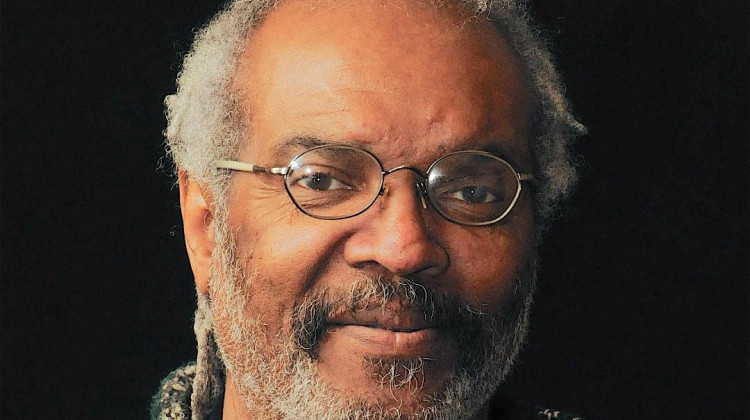
Ray Lay has been living with schizophrenia and bipolar disorder — two of the most severe mental illnesses.
(Submitted photo)Ray Lay, a 66-year-old Black veteran Hoosier, was recently elected to the national board of the National Alliance on Mental Illness. His election gives hope that some of the most underrepresented groups will have an advocate on a national level.
“I am elated, humbled and ready to go,” Lay said. “I never imagined I would win but when this opportunity presented itself I said I am not true to myself if I don’t at least try.”
NAMI is a grassroots mental health organization working on education, advocacy, public awareness and support to people living with mental illness across the country. The NAMI national board is made up of 16 members. It sets the strategic direction of the alliance and spotlights major issues that can be addressed on a national scale.
Among those running for elections were physicians, academics and mental health experts. While Lay does not have the medical and public health background some of the other nominees and board members have, he brings a wealth of real-life experience.
“Ray is the epitome of an advocate,” Barbara Thompson, executive director of NAMI Indiana, said. “He is truly a voice for so many people — veterans, the homeless population, people living with a mental illness, justice involved individuals, people impacted by racism, people with disabilities.”
Lay has been living with schizophrenia and bipolar disorder — two of the most severe mental illnesses. He was formerly homeless and spent time in a mental institution and in prison. For years, he self-medicated with alcohol and drugs. He started his recovery journey more than a decade ago and is now a business owner and a mental health recovery specialist in Indianapolis.
“Ray lends his experiences to help others and we will never be able to quantify the number of people his advocacy has impacted,” Thompson said.
As a NAMI national board member, Lay plans to focus on improving the training of law enforcement officers on how to interact with people with mental illness.
He can recount incidents where family members call the police on loved ones going through a mental health crisis. Some incidents end up with the police fatally shooting the person with mental illness. Lay said with better training these incidents could be prevented.
“Police are tasked with responding [to mental health crises], but they need to be trained a little bit more and have more compassion,” Lay said.
He previously provided training to officers at the Indiana Law Enforcement Academy and wishes to widen the scope of such training around the country.
He said de-stigmatization of mental illness is also at the core of the problem where people like himself may be judged by their own family members and close social circle.
“People may be less likely to show up for treatment because of being judged,” Lay said. “But recovery is possible. I am a living example of that.”
In a virtual speech Lay gave to NAMI members ahead of the elections, he said his lived experiences of homelessness and incarceration will guide him through his work and advocacy as he strives to “not be bitter, but better”. He also hopes that him being elected can provide hope for those living with mental illness that they can thrive and have real positive impact on the community.
This story was reported as part of a partnership between WFYI, Side Effects Public Media and the Indianapolis Recorder. Contact reporter Farah Yousry at fyousry@wfyi.org. Follow on Twitter: @Farah_Yousrym.
 DONATE
DONATE


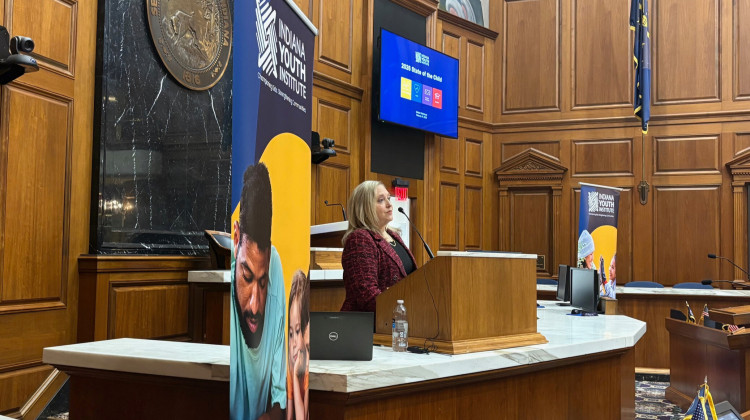
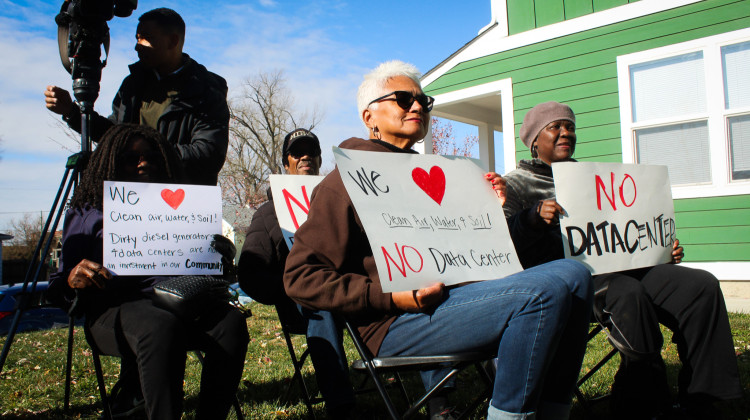
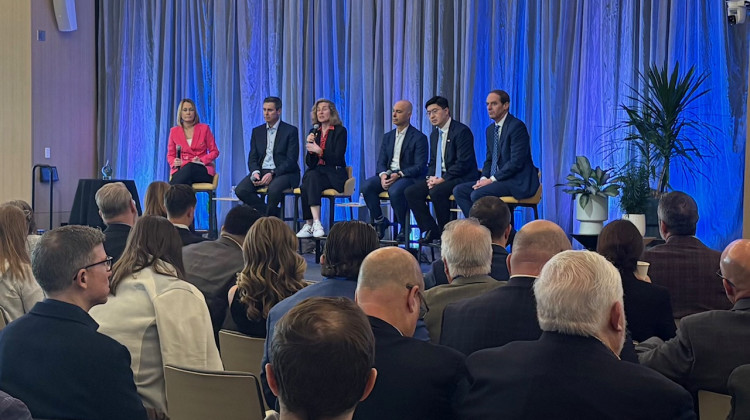
 View More Articles
View More Articles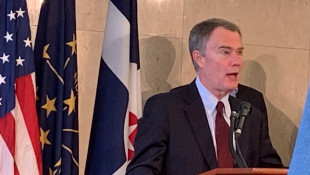



 Support WFYI. We can't do it without you.
Support WFYI. We can't do it without you.